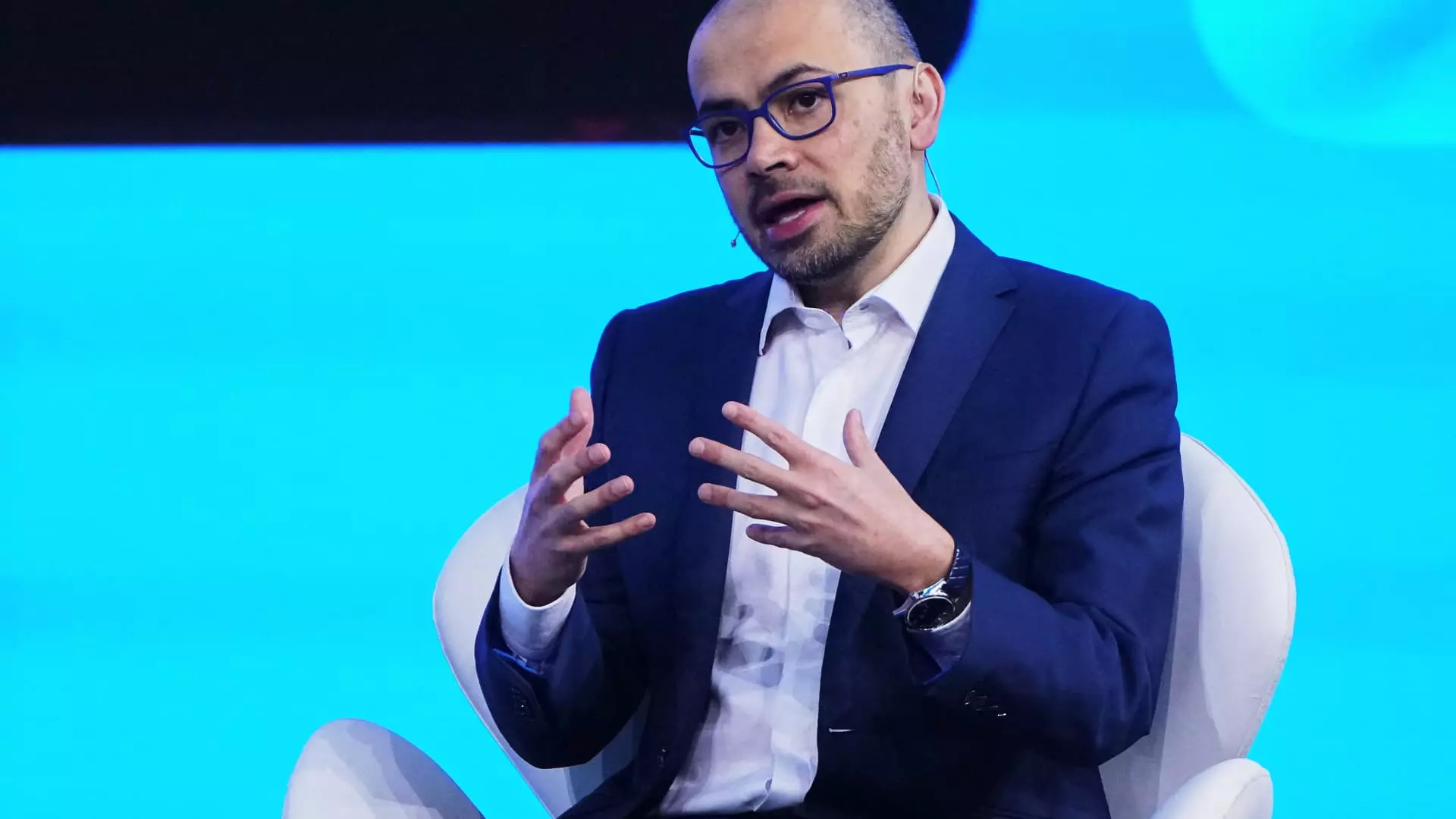An exclusive meeting gathering some of the most powerful business and political figures from around the world is set to take place in Madrid, Spain. Among the select group of attendees are CEOs from renowned artificial intelligence companies such as Google DeepMind, Microsoft AI, Anthropic, and Mistral AI. These tech giants will be joined by executives from other sectors, including Citigroup CEO Jane Fraser, former Google CEO Eric Schmidt, Pfizer CEO Albert Bourla, Shell CEO Wael Sawan, and investor Peter Thiel, to engage in discussions on various topics ranging from trade and finance to biology.
Political figures, such as U.S. Deputy Treasury Secretary Wally Adeyemo, Ukrainian Foreign Minister Dmytro Kuleba, and NATO Secretary General Jens Stoltenberg, are also part of the secretive gathering. Geopolitical discussions are expected to cover crucial issues related to China, Russia, Ukraine, Middle East conflicts, and the future of warfare. The agenda for this year’s meeting highlights key topics such as the State of AI, AI safety, Changing faces of biology, Climate, Geopolitical landscape, Europe’s economic challenges, U.S. economic challenges, U.S. political landscape, and more.
Controversy and Secrecy Surrounding the Bilderberg Meeting
The Bilderberg Meeting is notoriously known for its secretive nature, with talks conducted behind closed doors and participants bound by Chatham House rules, preventing any disclosure of speaker identities and discussions to the media. This level of secrecy has fueled conspiracy theories and accusations of attendees wielding excessive influence on global affairs, similar to other high-profile events like the World Economic Forum in Davos, Switzerland.
The Evolution of the Bilderberg Meeting
Having begun in 1954 with a mission to promote dialogue between Europe and North America, the Bilderberg Meeting has evolved into an elite forum where influential individuals from various fields convene to discuss and exchange ideas on pressing global issues. The event attracts participants mainly from Europe and North America, with a mix of political, business, and academic backgrounds representing diverse perspectives.
Participants at the Bilderberg Meeting engage as individuals rather than official representatives, allowing them the freedom to express personal views and insights without the constraints of their respective roles. Being a private gathering, there is no official agenda, resolutions, votes, or policy statements issued during the event. This format encourages open dialogue, reflection, and the exchange of diverse viewpoints on critical global challenges.
The Foundation Bilderberg Meeting oversees the organization of the annual event through a rotating steering committee. The meeting’s budget is supported by contributions from committee members, covering administrative costs and a small secretariat. Attendees are traditionally invited to participate in the meeting, with no attendance fees charged. Travel and accommodation expenses are the responsibility of individual participants, ensuring a level of financial independence and impartiality in the discussions.
As the Bilderberg Meeting convenes once again in Madrid, the world will closely watch the outcomes of this exclusive gathering and the potential impact on global decision-making. While the secrecy and exclusivity of the event may continue to attract criticism, its role in fostering cross-border dialogue and collaboration remains a significant aspect of navigating complex geopolitical challenges in the 21st century.



Leave a Reply